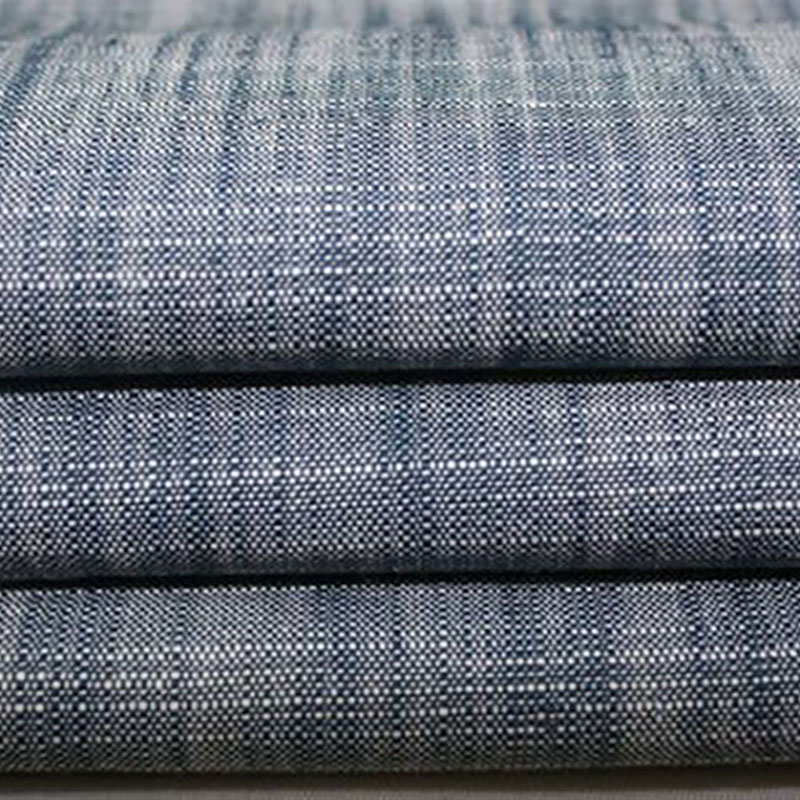
In modern society, home comfort is not only the comfort of physical space, but also a profound reflection of psychological feelings. The quality of life at home directly affects our mental health, emotional relationships, and happiness in daily life. The following will explore in depth the psychological factors that affect home comfort from a chronological perspective.
Research as early as the 20th century showed that the living environment can significantly affect the psychological state of residents. Over time, more and more psychologists have begun to focus on how environmental design can promote residents’ emotional safety and comfort. In particular, experts in the field of mental health emphasize that a good living environment can effectively reduce the incidence of anxiety and depression.
1. Spatial layout and mobility: Open space design and reasonable flow paths can effectively reduce residents’ sense of oppression and improve the convenience of life.
2. Light and color: The introduction of natural light and comfortable color matching can enhance your mood and make your home a haven of relaxation and rest.
3. Personalized decoration: Personalized elements in the home can enhance the sense of belonging and make the home more warm and secure.
In order to improve the comfort of your living environment, I recommend that you:
Home comfort is not only about physical relaxation, but also about emotional security and belonging. Through reasonable environmental design and personal adjustment, we can effectively improve the quality of family life and enjoy a happier life experience. In the long journey of life, making home a pure land of body and mind is the common pursuit of every family.





